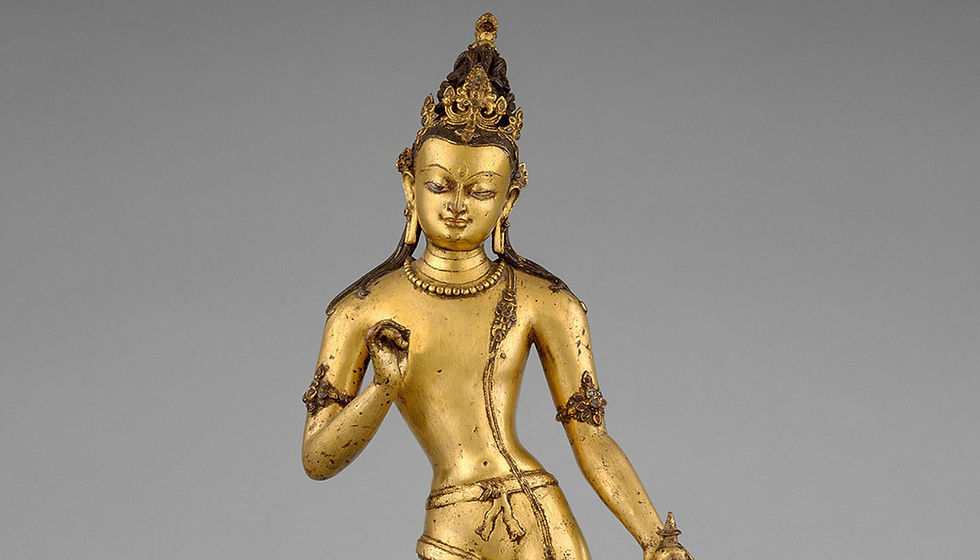Is This the Secret to Happiness?
- Kate Rocha
- Oct 17, 2024
- 2 min read

Buddhism, psychology, and life experience all agree on one point, says Zen priest and psychiatrist Robert Waldinger: a larger, more connected sense of self makes life fulfilling and meaningful.
“I’m embarrassed to say this, but I’m a bad Buddhist.” This was Rachel’s confession to our Buddhist group at the end of our weekly sitting. Meditation hadn’t ended her suffering, so she must be doing it wrong. After years of practice, her preoccupation with self had stubbornly refused to go away, so she must be a bad Buddhist.
To Rachel’s relief, everyone in the group nodded in recognition. She had had the courage to speak to the shadow side of Buddhism’s promise of healing—the misperception that if practice does not take away your suffering, then there’s something wrong with your practice.
For those who embark on the Buddha’s eightfold path, his promises of healing can seem like the proverbial bait-and-switch. The bait is that, once and for all, Buddhist practice will shield us from the pain of life. The switch comes when we see that the enemy is us—that the judging, clinging, small self is the source of the suffering the Buddha promised to relieve.
In meditation, deep engagement in the present moment is commonly experienced as a softening or disappearing of the sense of self, a sense of oneness with the world that eases loneliness and isolation.
In our Zen group, we chant the five remembrances. These remind us of the truths about the small self—that each of us gets sick, grows old, and will die. Some people run away as fast as they can from these “gloomy” facts, but for others the act of speaking these truths is a balm to the soul. When we acknowledge them, we can let go of some of the impossible demands we make of life, acknowledge our shared human predicament, and start to discover a larger self that is spacious, ever-changing, and boundless.
The discovery of this large self happens for many of us through the simple meditative practice of being present, whether sitting on a cushion or walking on a sidewalk. In moments when, in Dogen’s words, “body and mind fall away,” we experience a sense of spaciousness and interconnectedness that brings welcome relief from the sufferings of the small self. But how does this work?
.png)


